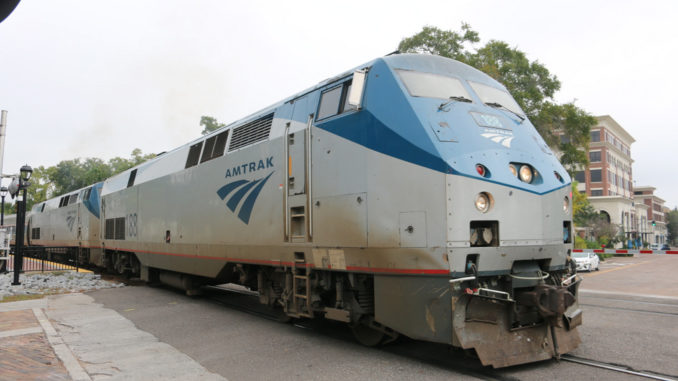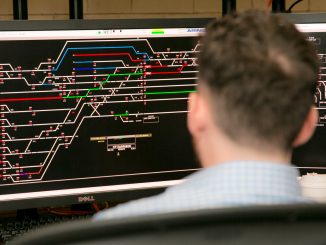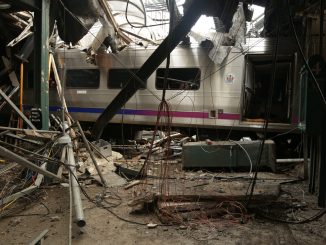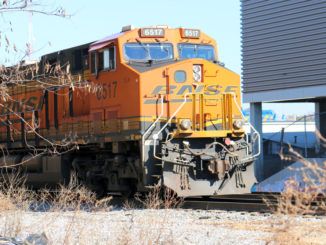
Amtrak and BNSF earlier this month implemented Positive Train Control (PTC) over several BNSF-owned subdivisions.
It marks the first PTC activation on host-owned territory used by Amtrak.
The first subdivisions to roll out serve the Amtrak Southwest Chief and California Zephyr. Full activation on BNSF routes is expected by the end of August, Amtrak said.
“Amtrak’s highest priority is ensuring the safety of our passengers, our crews and the communities we serve, and full implementation of PTC will make the entire network safer,” Amtrak Executive Vice President of Safety Ken Hylander said in a news release. “While we are excited to achieve this milestone, we must continue to work together to activate PTC and make the national railroad network safer.”
Amtrak is on track to achieve installation and operation of PTC across the network it controls by the year-end deadline, and is working with partners throughout the industry to advance this system on host infrastructure.
To date, Amtrak has made progress implementing PTC across the routes and equipment we control for the following:
- 380 of 444 Amtrak owned locomotives are fully equipped and PTC operable
- 8 of 11 installation/track segments completed
- 104 of 120 radio towers fully installed and equipped
- 95 percent of employees who require training to support PTC operations have completed training
- 607 of 900 route miles in PTC operation
“This is a great step for Amtrak,” Chris Matthews, BNSF assistant vice president, Network Control Systems, said in a news release. “We have the infrastructure in place that allows them to operate on our network. We have partnered with them on the federal mandate and in some cases beyond the federal mandate to install PTC on subdivisions not required of BNSF. We look forward to continuing that partnership as they roll-out PTC along our routes.”
Where PTC is not implemented and operational, it is expected that nearly all carriers will qualify for an alternative PTC implementation schedule under law.
Amtrak is performing risk analyses and developing strategies for enhancing safety on a route-by-route basis to ensure that there is a single level of safety across the Amtrak network by Jan. 1, 2019. For the routes where a host may not achieve an alternative schedule by year’s end, Amtrak will suspend service and may seek alternative modes of service until such routes come into compliance.
Amtrak said it is also working with tenant railroads that operate over Amtrak’s infrastructure as they work to ensure that they have sufficient PTC-commissioned rolling stock by the deadline to operate normal services.




